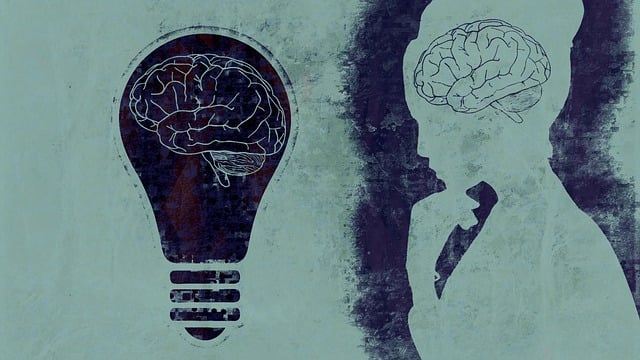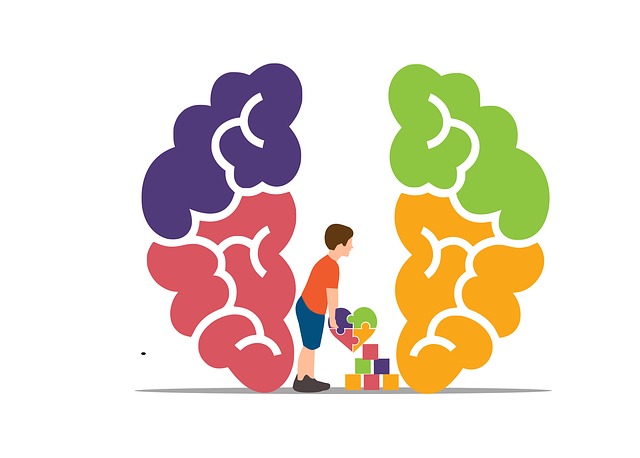Mental health advocacy, as demonstrated by Littleton Geriatrics Therapy, is crucial in fostering supportive communities for seniors facing mental health challenges. This involves promoting access to quality care, encouraging open conversations, and advocating for policy changes, including risk assessment strategies. By integrating therapy with local resources, Littleton Geriatrics Therapy offers tailored support, reducing stigma and improving community well-being. Their holistic approach emphasizes empathy and positive thinking, ensuring safe, ethical practices while bridging the gap between professionals and those in need. Prioritizing advocate well-being through comprehensive risk assessment further enhances their ability to continue providing high-quality mental health services.
Mental health advocacy initiatives play a pivotal role in fostering community support and enhancing access to care. This article explores the profound impact of such efforts, using Littleton Geriatrics Therapy as a compelling case study demonstrating successful community engagement. We delve into effective strategies for mental health advocacy, highlighting innovative approaches that can revolutionize support systems. By examining these initiatives, we aim to inspire and guide efforts to improve mental well-being on a broader scale.
- Understanding Mental Health Advocacy and its Impact
- Littleton Geriatrics Therapy: A Case Study in Community Engagement
- Strategies for Effective Mental Health Advocacy Initiatives
Understanding Mental Health Advocacy and its Impact

Mental health advocacy initiatives play a crucial role in fostering understanding and support for individuals facing mental health challenges. At Littleton Geriatrics Therapy, we understand that advocating for mental health means more than just raising awareness; it involves creating a society where everyone has access to quality care and resources. This includes promoting positive thinking and anxiety relief strategies tailored to each individual’s unique needs.
Effective advocacy addresses not only the symptoms of mental health issues but also systemic barriers. It encourages open conversations, educates communities, and advocates for policy changes that ensure better mental healthcare. For example, risk assessment for mental health professionals is a critical aspect of advocacy, ensuring that those who provide support are equipped to handle complex cases while maintaining patient safety and well-being.
Littleton Geriatrics Therapy: A Case Study in Community Engagement

Littleton Geriatrics Therapy stands as an exemplary case study showcasing how community engagement can significantly enhance mental health services for elderly individuals. This initiative emphasizes the power of integrating specialized therapy with local community resources, ensuring comprehensive care tailored to the unique needs of older adults. By fostering strong ties with various community organizations and implementing a robust Community Outreach Program, Littleton Geriatrics Therapy has successfully increased access to mental health support and fostered a sense of belonging among its elderly clientele.
The program’s success can be attributed to its holistic approach that incorporates Empathy Building Strategies within the therapy sessions. These strategies facilitate deeper connections between therapists and clients, fostering an environment where seniors feel understood and valued. Moreover, their Risk Management Planning for Mental Health Professionals ensures that all services are delivered safely and ethically, further enhancing the overall effectiveness of Littleton Geriatrics Therapy in making a positive impact on the mental well-being of its community’s elderly members.
Strategies for Effective Mental Health Advocacy Initiatives

Mental health advocacy initiatives require a multifaceted approach to make a significant impact. One key strategy is fostering empathy building strategies that bridge the gap between professionals and individuals seeking support. This involves active listening, understanding unique personal experiences, and promoting positive thinking as a tool for resilience. Engaging communities through educational programs and awareness campaigns can also destigmatize mental health discussions, encouraging more people to seek aid. For instance, initiatives like Littleton Geriatrics Therapy have successfully integrated these methods to cater to the specific needs of elderly individuals.
Additionally, ensuring the well-being of advocates themselves is paramount. Mental health professionals must undergo comprehensive risk assessment to identify and manage potential burnout or secondary trauma. This proactive approach not only maintains the quality of care but also enables advocates to effectively continue their crucial work in advocating for better mental health services and support systems.
Mental health advocacy initiatives, as exemplified by the successful case of Littleton Geriatrics Therapy, play a pivotal role in fostering community engagement and enhancing mental well-being. By implementing effective strategies that prioritize education, support, and accessible resources, we can create a more inclusive and understanding society. Incorporating these practices into broader initiatives ensures that individuals facing mental health challenges receive the care and advocacy they deserve, ultimately leading to improved outcomes and a stronger, more resilient community.














